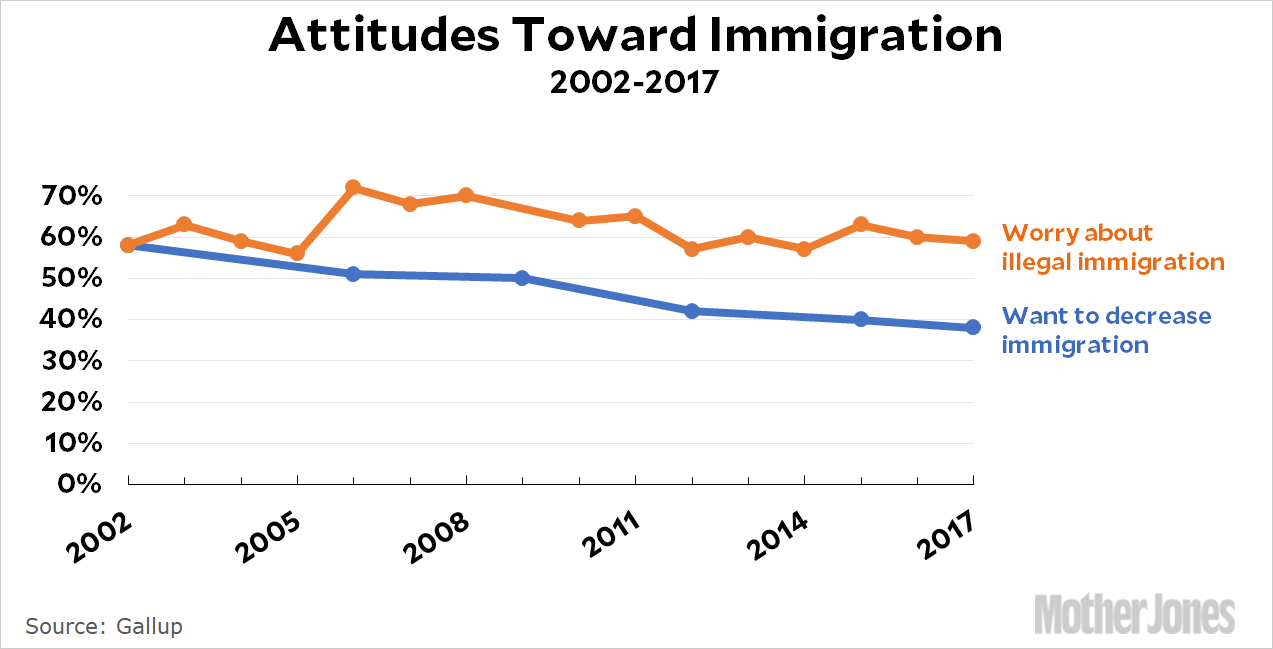Over at Vox, Alissa Wilkinson gives a glowing review to Sorry to Bother You, “the loony directorial debut from rapper Boots Riley….a commentary on race, labor, and American capitalism that veers in so many directions that it’s best to just strap in and let it take you where it wants you to go.” One of the central conceits of the movie is an exploitive company called WorryFree:
[WorryFree] encourages people facing financial difficulty to sign a lifetime labor contract in which they’ll work for the company for the rest of their lives. In turn, they can stop worrying about things like rent and car payments; the company guarantees bunk-style housing and lousy-looking meals that WorryFree customers insist are delicious. In other words, it’s modern-day indentured labor.
….WorryFree also evokes some familiar practices — labor in for-profit prisons and the endless cycle of debt that keeps people in poverty — that may feel ripped from a dystopian novel, but are just one tick away from plausible.
I’m not trying to pick on anyone here, but this is a trope that bugs me. Modern-day indentured servitude—though it sounds like Boots Riley actually means for us to think of WorryFree being in the slavery business—is not “one tick” away from being plausible. Neither is The Handmaid’s Tale, which frequently gets the same treatment as an “all too possible” look into the near future.
I don’t quite get why so many people feel like they have to say things like this. On the evangelical right it’s practically the stuff of day-to-day conversation. They really and truly seem to believe that gay marriage and access to abortion are signs that America’s moral decay has gone so far that the country will be literally beyond saving within a few years. There’s nothing quite like that on the left,¹ but there is a weird tendency to believe that America is just a hair’s breadth away from 1984 or The Hunger Games whenever a Republican is president. This is despite the fact that on social issues related to race, feminism, gay rights, trans right, and so forth, the country has done nothing but get steadily more liberal for the past 50 years. Nor has that slowed down recently. Here’s a sampling of Gallup poll numbers on the evolution of opinion on various moral issues since 2001:

I’m sure there are a few social issues that poll more conservative today than they did in 2001, but I’m not sure what they are. I think the evangelical obsession with the decay of America is crackpot stuff, but at least they’re responding to genuine losses. All that stuff in the chart above is bad news for them. But for liberals? It’s just one good thing after another.
POSTSCRIPT: I forgot about immigration! There’s no long-term data for stuff like DACA and the wall, which are fairly recent developments, but here are a couple of things that Gallup has tracked since 2002:

The number of people who worry about illegal immigration has stayed steady for the past 15 years—including 2016 and 2017, when it was a mainstay of Donald Trump’s campaign. The number of people who want to cut back on immigration (both legal and illegal) has declined by 20 percentage points. At the same time, DACA is extremely popular and the wall isn’t. Despite the loudness of the voice on the far right, most of the evidence suggests that Americans have generally gotten more liberal on immigration issues since the turn of the century.
¹I wouldn’t count climate change alarmism here, since climate change is objectively real and might genuinely lead to disaster if we don’t do something about it.

















